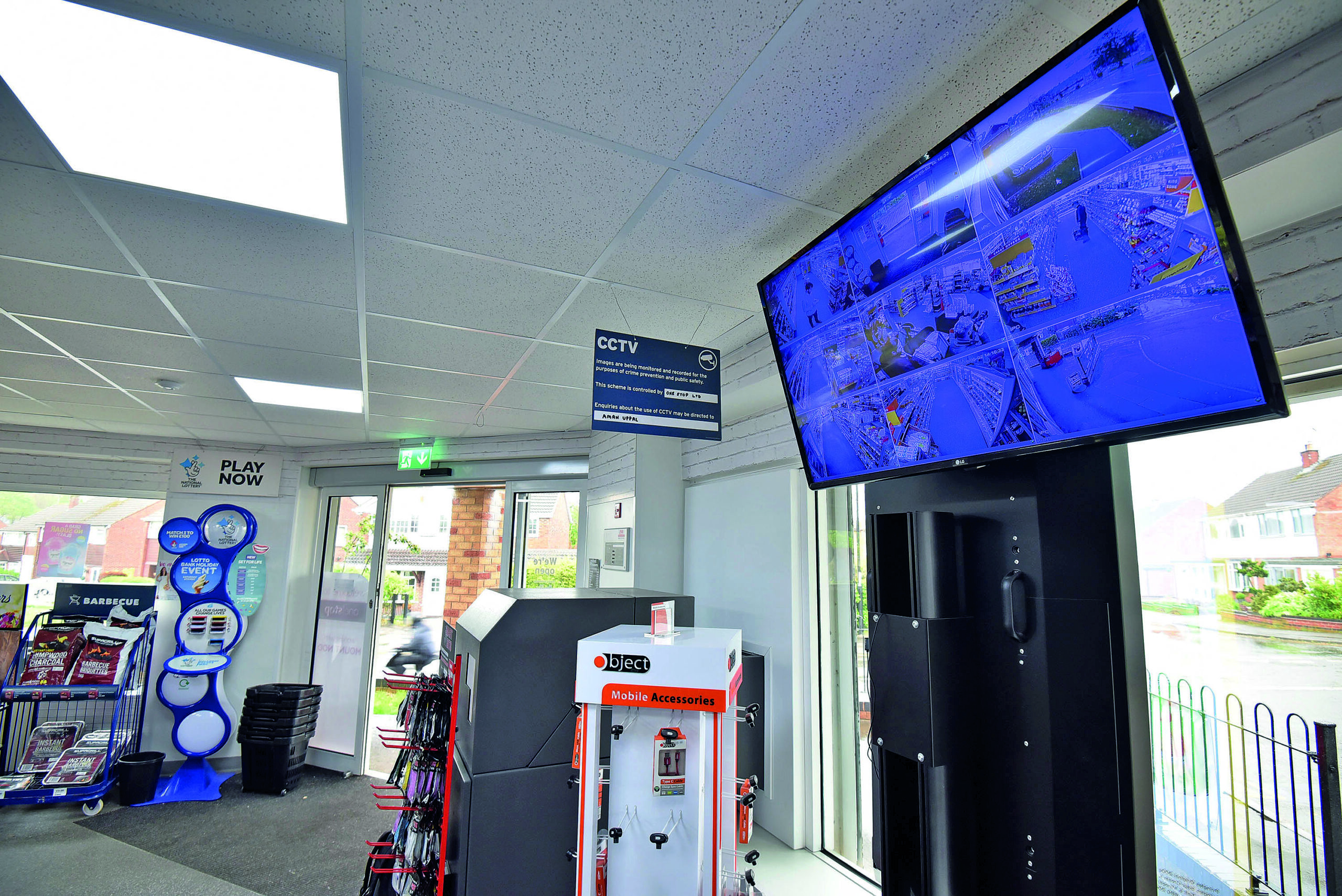Senior Metropolitan Police officers have urged retailers to focus on the personal impact of retail crime when talking to local forces. They suggest this will increase their chances of tackling crime in their stores.
The Met Police’s chief inspector Lisa Maslen and inspector Titus Halliwell were speaking at Women in Convenience’s recent Tackling Retail Crime webinar. They highlighted the tactics retailers can use to clamp down on retail crime and engage more effectively with the police.
Both Maslen and Halliwell have worked closely with supermarkets and convenience stores, alongside retail trade bodies, on the issue. Also speaking on the panel was Fiona Malone, owner of Tenby Stores & Post Offices in Pembrokeshire.
Humanising the impact of retail crime
Halliwell said the Met Police was changing the way it was viewing business crime. He advised retailers to stress the impact on them as a person when reporting an incident.
He explained: “The volume of crime is going up. We are really focusing on prolific offenders in the retail sector. We know 65% of shopworkers fear abuse and assault in the workplace, and 67% of shopworkers are female.
“If I work in a shop, those workers are seeing the same prolific offenders coming in to cause the same harm on a daily basis. A previous leader in the police talked about the threshold test in retail crime, where we will send resources [depending on the severity of the crime].
“For some reason, incidents in a convenience store or large retailer are viewed as an economic crime. This is a perception we’re changing and looking at retail harm on the individuals. What we encourage retailers to do when they call the police is highlight themselves as a person first, and then state they work in a convenience store.”
Halliwell said retailers are also legally allowed to wear body cameras. He stated funding options from local authorities may be available.
Police commitment
Maslen also stressed the police is committed to tackling retail crime in partnership with major organisations. He highlighted the police meets with the ACS, supermarkets, Federation of Small Businesses and the Mayor’s Office quarterly.
She said: “When we devised our strategy, we aligned it with the National Crime Action Plan, which has a commitment from every chief constable across England and Wales on how they will tackle retail crime.
“I know attendance from police has been a huge criticism. When retailers report crime online, a digital link will be sent to the business to upload a statement or CCTV, but the retail worker in that shop doesn’t necessarily see what’s happening. Just because you don’t see a police officer doesn’t mean an incident is not being investigated.”
Read more advice for independent convenience retailers
Can retailers share CCTV footage of offenders on social media?
Retailers asked the panel about legal issues around sharing CCTV footage or pictures of prolific offenders on social media and in store.
Both Maslen and Halliwell advised against this, stressing it could cause legal issues around defamation or disrupt ongoing investigations into individuals.
Halliwell said: “It’s the lack of control over images. If they are on social media platforms, they can be shared by people you don’t know and defamatory comments can be made.
“There are third-party apps that allow images to be shared within business communities and you can’t download images.”
Maslen added: “It’s something we would urge caution against. I understand why people do it on social media because they are frustrated and want action.”
Malone stressed that sharing CCTV footage of a shoplifter on social media earlier this year had helped her track down the offender and work more effectively with the police, but she added she was aware of the risks. She said: “I can understand we could be contacted and individually sued for sharing those images.”
Debunking myths
Halliwell said perceptions that the police would not investigate a crime unless it had a value of £200 or more was a myth. He stated: “It’s not the value. It’s more about making sure the defence is complete. It is about proving the person walking out the store had made no attempt to pay for goods and also to make sure there is clear evidence of the offence taking place.
“Everything will be investigated. We have got to be realistic, though. If a report comes in and there is no CCTV or witness statements, the evidence is not circumstantial. It is about making sure there is clear evidence.
“Secure the CCTV on the systems and make sure it hasn’t been deleted. Write down what happened closer to the time rather than wait until the police arrive. It is about making sure we have as much information as possible.”
He added that police were also investigating crimes based on offenders rather than location. This allows them to link several incidents together.



Comments
This article doesn't have any comments yet, be the first!